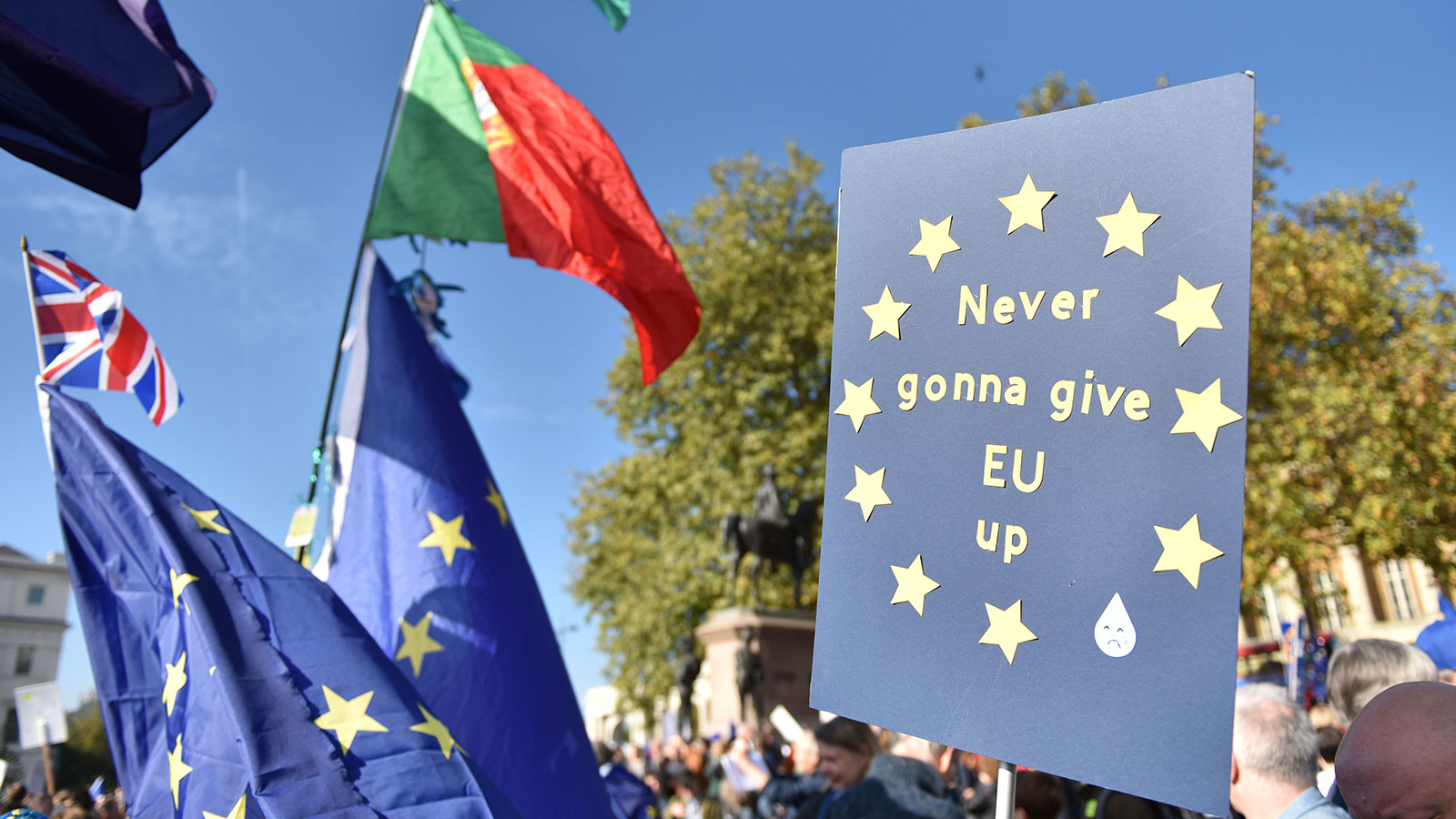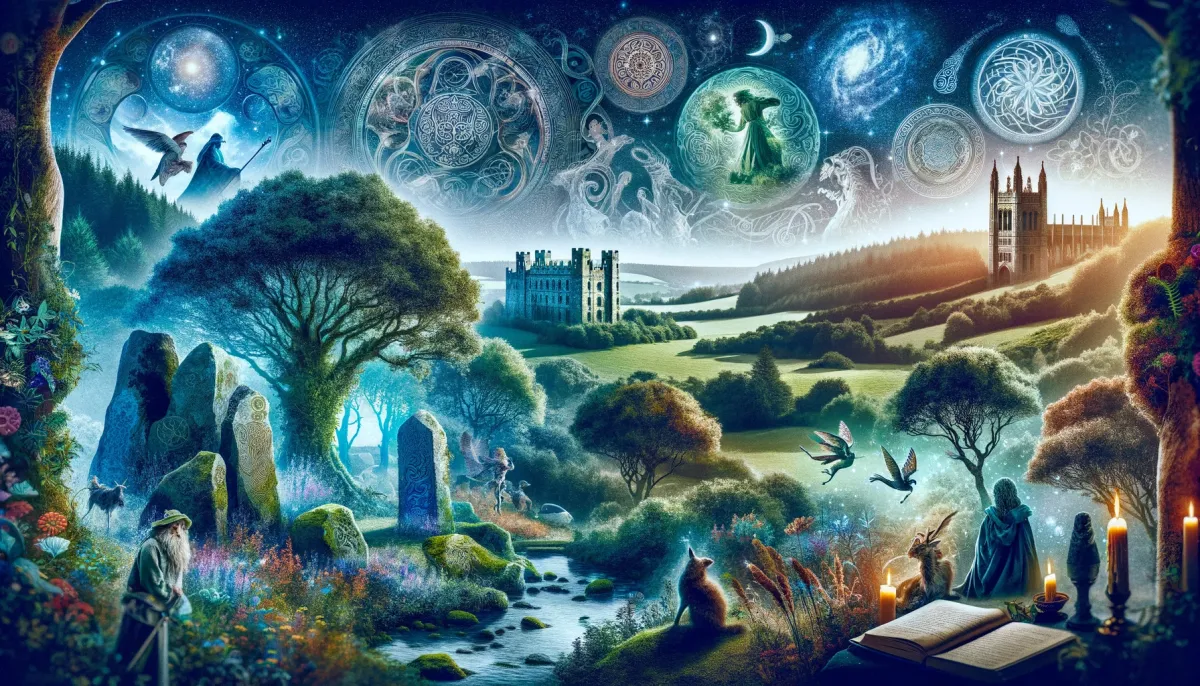Throughout history, certain individuals have risen above the rest, leaving an indelible mark on the world through their vision, courage, and leadership. From ancient conquerors to modern-day peacemakers, these great leaders have shaped the course of history, influencing politics, culture, and society in profound ways. This article explores the lives and legacies of some of the most iconic leaders, from Alexander the Great to Nelson Mandela.
Alexander the Great: The Conqueror of Empires
Alexander the Great, born in 356 BCE in Macedonia, is remembered as one of history’s most brilliant military strategists. By the age of 30, he had created one of the largest empires in the ancient world, stretching from Greece to Egypt and as far east as India. His ability to inspire loyalty among his troops and his innovative tactics on the battlefield were unmatched. Alexander’s conquests spread Greek culture and ideas across the known world, a period known as the Hellenistic Age. His legacy includes the founding of numerous cities, most notably Alexandria in Egypt, which became a center of learning and culture.

Julius Caesar: The Architect of the Roman Empire
Julius Caesar, a Roman general and statesman, played a pivotal role in the transformation of the Roman Republic into the Roman Empire. Born in 100 BCE, Caesar expanded Rome’s territories through military campaigns, most notably the conquest of Gaul. His political acumen and reforms, such as the Julian calendar, left a lasting impact. However, his rise to power led to his assassination in 44 BCE, an event that plunged Rome into civil war. Despite his untimely death, Caesar’s legacy as a military genius and reformer endures.
Genghis Khan: The Founder of the Mongol Empire
Genghis Khan, born Temüjin in 1162, united the nomadic tribes of Mongolia and established the Mongol Empire, which became the largest contiguous empire in history. Known for his ruthless tactics and unparalleled organizational skills, Genghis Khan conquered vast territories across Asia and Europe. His empire facilitated cultural exchange and trade along the Silk Road, connecting the East and West. Genghis Khan’s leadership and vision laid the foundation for a legacy that influenced the development of many modern nations.
Napoleon Bonaparte: The Revolutionary General
Napoleon Bonaparte, a French military leader and emperor, rose to prominence during the French Revolution. Born in 1769, Napoleon’s military genius and ambition led him to conquer much of Europe in the early 19th century. He implemented significant legal and administrative reforms, most notably the Napoleonic Code, which influenced legal systems worldwide. Despite his eventual defeat at the Battle of Waterloo in 1815, Napoleon’s impact on European history and governance remains profound.
Mahatma Gandhi: The Apostle of Nonviolence
Mahatma Gandhi, born in 1869 in British India, became the leader of the Indian independence movement through his philosophy of nonviolent resistance. Gandhi’s campaigns, such as the Salt March and Quit India Movement, mobilized millions and ultimately led to India’s independence from British rule in 1947. His emphasis on civil disobedience, self-reliance, and social justice inspired movements for civil rights and freedom across the world. Gandhi’s legacy as a champion of peace and equality continues to resonate globally.

Nelson Mandela: The Symbol of Reconciliation
Nelson Mandela, born in 1918 in South Africa, emerged as a leader in the fight against apartheid, a system of institutionalized racial segregation. After spending 27 years in prison for his activism, Mandela was released in 1990 and played a crucial role in negotiating an end to apartheid. In 1994, he became South Africa’s first black president, advocating for reconciliation and unity. Mandela’s leadership and commitment to justice earned him international acclaim, including the Nobel Peace Prize. His legacy as a symbol of resilience and forgiveness endures.
Conclusion
From Alexander the Great to Nelson Mandela, these great leaders have shaped history through their extraordinary vision, determination, and ability to inspire others. Their contributions, whether through conquest, reform, or peaceful resistance, have left lasting legacies that continue to influence the world today. By studying their lives and achievements, we gain valuable insights into the qualities of effective leadership and the power of individuals to drive meaningful change. These leaders remind us that, even in the face of immense challenges, one person’s actions can alter the course of history.
































